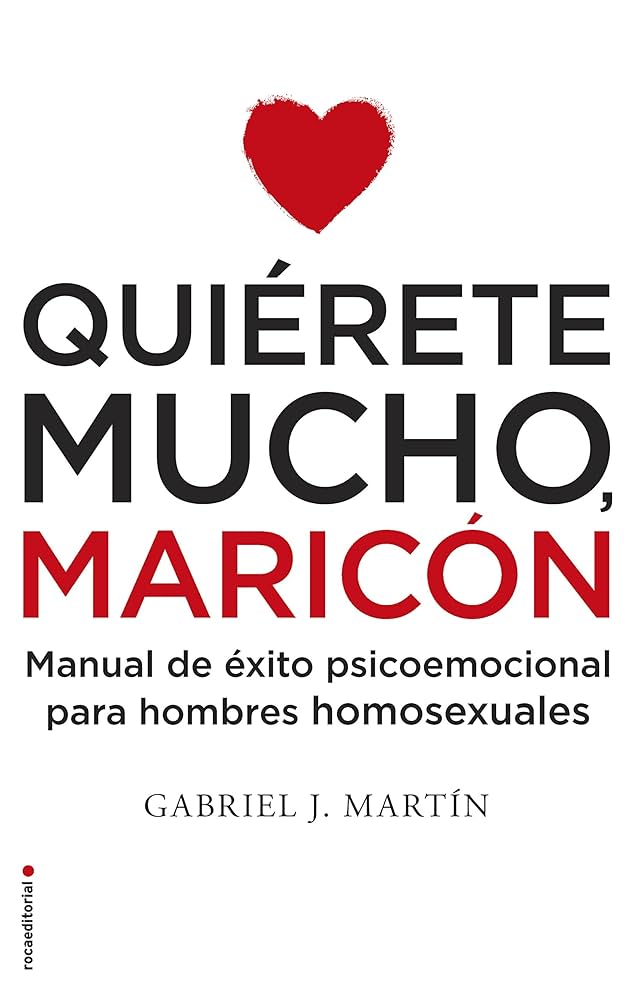What does it mean to be a homosexual person?

Text by Gabriel J. Martin* taken from "Quiérete Mucho, Maricón ", Roca Editorial de Libros (Spain), 2016, Cap.1, first paragraph, freely translated by the volunteers of the Gionata project
"The orientation is more emotional than sexual. Sex is a party (and has no reserved entrance) ". (Velarde y martín, 2015)
The words are polysemic, that is, they often have more meanings, and some sometimes acquire meanings full of bad intentions. The synonyms of "homosexual" are among those words that carry a certain intentionality.
Over the centuries, many terms have been used to indicate the men who fall in love with other men: sodomita, reversed, homosexual, gay, fagot ... Some have milder connotations, others have always been used in a denigration sense.
Other terms, however, we were incorporating them in our own jargon, as "fagot" that - as I just explained to you - has turned into a linguistic brand that often indicates complicity between those who speak and those who listen.
But, beyond all connotations, what does the homosexual word actually mean? Federico García Lorca summarized him in a poetic way in the last verse of his poetry that said: "¡Que soy amor, qui soy naturalza!" (that I am love, that I am nature!). Homosexuality is love, homosexuality is nature. The man who falls in love with other men and the woman who falls in love with other women is homosexual.
We define homosexuality as "the internal and stable tendency to be desired, in a emotional and sexual way, people of the same sex, regardless of whether this is expressed or not in sexual practices" (Baile Ayenso, 2008).
A person is homosexual if he falls in love with people of his sex (and he is bisexual if he falls in love with people of any of the two sexes, or heterosexual if he falls in love with people of a sex other than hers).
It is a definition very similar to that of the APA (American Psychological Association, 2008), which describes sexual-affective orientation as "a constant model of emotional, romantic and/or sexual attraction towards men, women or both sexes. Sexual orientation also concerns the sense of identity of a person based on those elements or behaviors ».
No man is homosexual only because he has sex with other men: do not make the error, so common (even within gender studies), to confuse sexual practices with sexual-affective orientation.
There are books that speak of "flexibility of sexual-affective orientation" (because, after all, it is possible to have sex with anyone), but this creates confusion (sometimes deliberately ... to continue to sell you books).
However, these texts limit themselves to describing sexual practices and say nothing new: human beings, since the world exists, have the ability to have sex practically with anything (with other people, with dildo, with the handle of the broom ... even with the goats!), But this does not make anyone homosexual, nor "dildosexual" nor "fighter-sexual": it makes them simply sexual (okay, those who do it with goats has a specific name, and we know all what it is).
Precisely for this reason I insist a lot on the idea of "sexual-affective orientation", to underline an aspect that some still do not consider: it is not important with who a person has sex, but of those who fall in love. And there are those who fall in love with only people of the opposite sex, those who fall in love with people of both sexes and those who fall in love with people of their sex. This text is written for the men of the latter group.
When I say that someone falls in love, I do not mean to say that he is excited, nor that he seeks simple friendship or company, but I mean all this and much more, as well as love is intended by the triangular theory of Sternberg. And it is precisely in this way that (really) a book on homosexuality should start: starting from the theme of love.
* Gabriel J. Martín is a Spanish psychologist and writer specialized in gay affirmative psychology. Graduated in Psychology at UND, he is responsible for helping homosexual men to overcome internalized homophobia and live his identity with authenticity. His best known book, "Quiérete Mucho, Maricón“, It is a personal growth manual for gay men. He has published other books on wellness and homosexual sexuality and is a representative of the General Council of Psychology of Spain at the APA. He lives in Barcelona and collaborates with media and associations for the visibility of LGBTQ+people.
Original text: ¿Qué (y qué no) does ser Homosexual mean?






